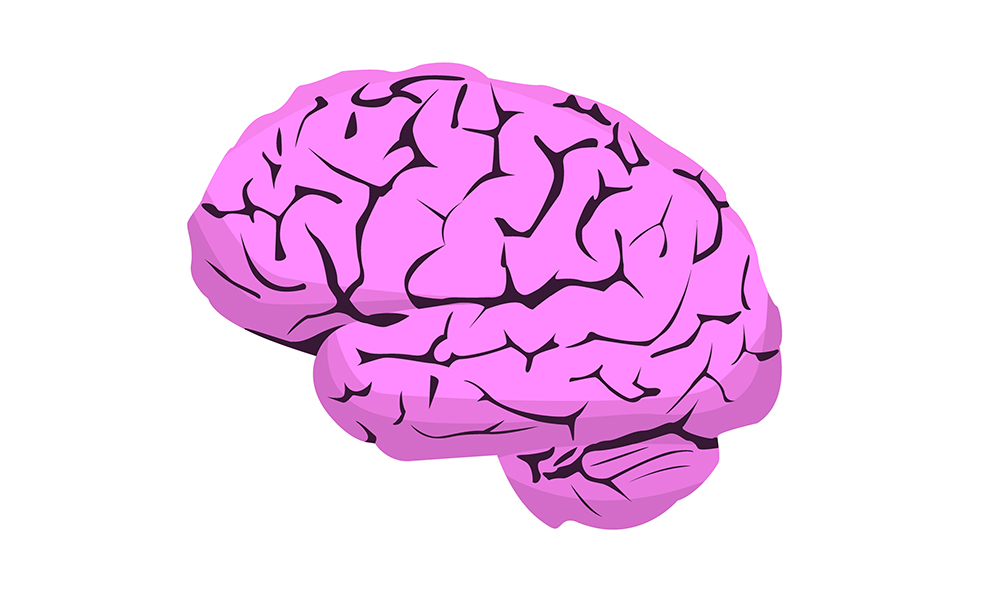Blog
Train Your Brain

Do you ever lose your cell phone and have to call yourself to locate it? In my new book Body Esteem: Piece of Cake and Peace of Mind I explore the benefits of exercise and the positive impact it has on your psychological and physical health. Can you improve your brain health as you age gracefully? Absolutely! Psychologists have discovered that brain training improves your cognitive skills which is essentially the speed at which you process information. Brain training, with all of its neuroscientific gravitas reveals significant improvement with our cognitive functioning, such as our memory recall and decision making speed.
Brain training is typically done online or on a hand held device and stimulating games that are designed to not only entertain you, but to activate important areas of the brain associated with basic cognitive activity. These tasks modify the cell density of those areas (neurogenesis) and boost our brain health. Psychologists actually know what specific skills to use to target precise areas which enhance agile thinking, improve creative temperament, and boost rational reasoning. Brain training has been very controversial, but current research confirms the positive benefits for maximizing your intellectual ability and intellectual potential.
Ballroom dancing, which my husband and I love engages your cognitive abilities simultaneously with your exercise regimen which boost your brain health. I am looking forward to being a guest on my ballroom dance teacher’s podcast to discuss these benefits. Other types of dance such as ballet, modern, jazz, hip hop, or country and western dancing also improve cognitive functioning.
Moreover, exercise plays a significant role in the prevention of dementia and Alzheimer’s disease. Short term memory does decline with age, but there are methods on how to improve your brain health. I value my strong intellectual curiosity and I want to keep my mind as sharp as a razor. Kenneth Cooper, M.D., M.P.H., founder of Cooper Aerobics Center adopts the philosophy “An ounce of prevention is worth a pound of cure.”
Currently, there is no cure for Alzheimer’s and dementia so it is vitally important to implement preventive techniques. I know first-hand how these diseases impact the quality of one’s life as my mother died two years ago of dementia. My mother had a heart of gold, a wonderful sense of humor, and was beloved by everyone! Over time her cognitive impairment became more prevalent and she lost one of the personality traits she valued most which was her independence.
It was heartbreaking to watch someone you love suffer and see their physical and mental health decline. My mother was an avid reader prior to developing dementia and she loved cooking and gardening. The last time I saw her I told her I signed a book contract and planned to dedicate it to her. She said, “Well if you are going to dedicate it to me it damn well better be a New York Times #1 best seller!” Did I mention my mother was sassy and that is one of the reasons I loved her so much!
The Cooper Institute at Cooper Aerobics Center emphasizes the significance of taking preventive measures to prevent the development of these diseases. A body of research reveals that regular exercise and fitness can positively impact memory loss. In 2018, there was a study that reported that healthy individuals over age 55, those with higher cardiorespiratory fitness had a reduced likelihood of cognitive impairment or potential memory loss.
A follow-up study found that subjects with low vitamin D levels had a 26% greater chance of having cognitive impairment. Although sunscreen is imperative for the prevention of skin cancer it seems that vitamin D deficiency is becoming more common due to less sun exposure, and lack of vitamin D in our dietary intake. If one is lactose intolerant there are now many dairy products that allow you to get your vitamin D (i.e., Lactaid milk).
I choose to not live my life in fear of developing dementia or Alzheimer’s, but to adopt the preventive techniques that Kenneth Cooper, M.D., M.P.H., founder of Cooper Aerobics Center recommends:
- I exercise my mind daily! I am a classical pianists and I conduct research and write books and blogs as well as act as clinical director for our business Walker Wellness Clinic at Cooper Aerobics Center.
- I exercise five days per week and I simultaneously engage my cognitive abilities while I am working out to improve my brain health (i.e., Listen to a podcast).
- I am a social butterfly so this one is easy for me! I have a strong support system, a healthy marriage, and I love to chair charity events with women who are passionate about a cause.
- I get more than the recommended 7 hours of sleep.
- I take the recommended vitamins that a dietitian recommends after completing a nutritional analysis.
Implement methods on how to improve your brain health by learning a new factoid every day (i.e., ask Alexa the question of the day!) Play board games with others or on your phone that improve your cognitive functioning such as chess, scrabble, sudoka, bridge or do crossword puzzles. Join a book club or learn to play a musical instrument like the guitar, flute or violin. Stimulate your brain daily to prolong not only the quality of your life, but the longevity as well.